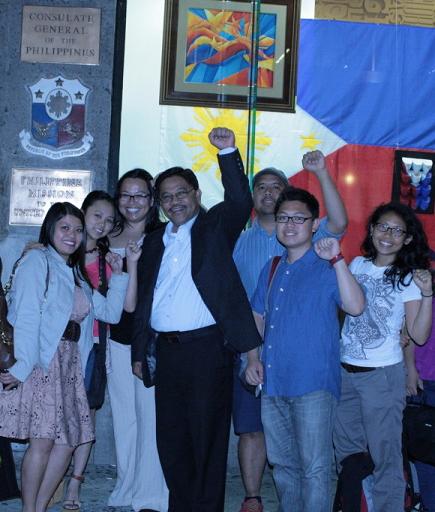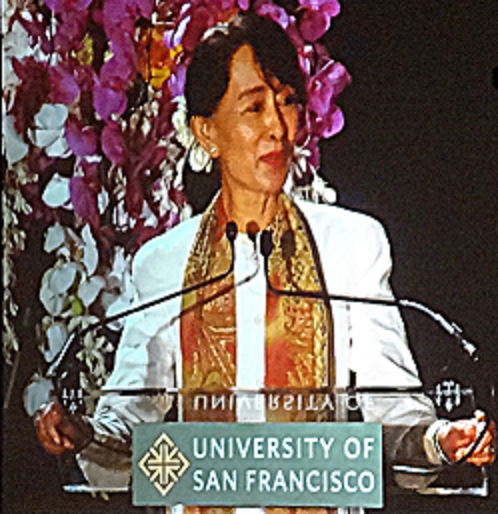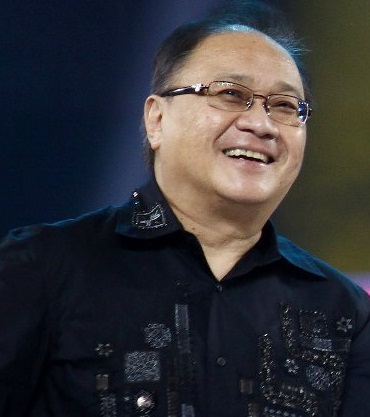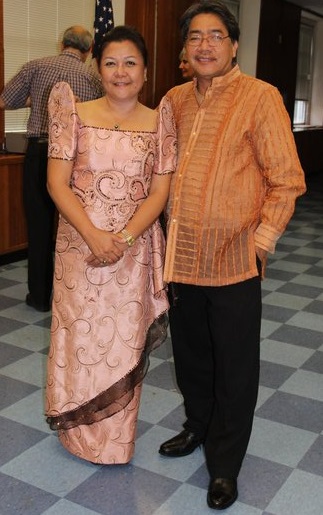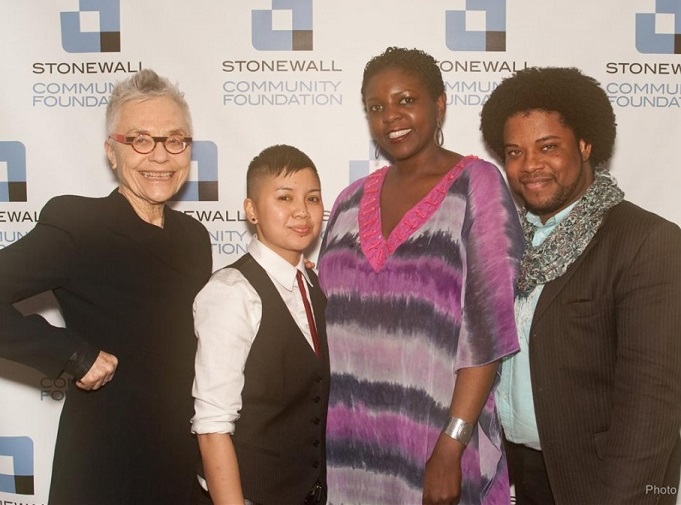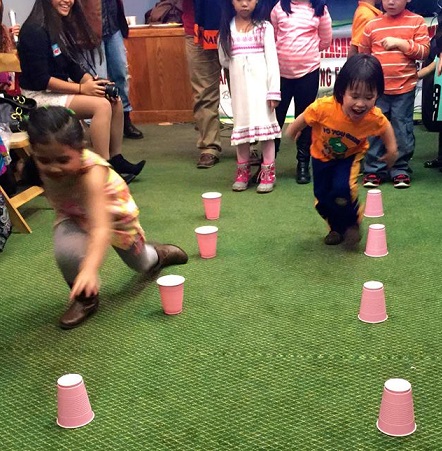First online Census raises questions about privacy

The U.S. government is set to launch the 2020 online Census, but questions about privacy and confidentiality of information are raised. Census officials answer some of the Frequently Asked Questions.
Q: Do you mean that this Census will be digital and we will have to put our information online?
A: The census will be online, but not exclusively. As we do with almost any other transaction today, the 2020 Census will be conducted primarily online. This will be the first time this happens in the survey´s 117 years of existence.
The 2020 Census will be conducted on a variety of platforms. This time, it will be different, explained Patricia Ramos, a Census Bureau spokeswoman. “Responding to the 2020 Census will be easy for everyone. For the first time, you can choose to respond online and you can also choose to respond by phone, mail, or to a Census worker who arrives at your home.
Esperanza Guevara, director of Census programs for the Human Immigrant Rights Coalition (CHIRLA), explained that beginning March 12, the Census Bureau will send a letter to 80 percent of all households inviting them to fill out about 10 questions online using a special identifier number. Another 20 percent will get similar letters plus a paper questionnaire.
Q: Not everyone has the Internet.
A: But the first online census does not forget that there are sectors of the population that simply do not have easy access to a computer or an Internet connection. According to a report by the Public Policy Institute of California, 90 percent of households in California use the Internet and 73 percent have a cell phone. However, there are populations that are less connected: in low-income communities, rural areas and Latinos or African Americans, only 54 percent to 67 percent are connected to the Internet.
You will have more than one opportunity to participate. “The invitation will also include information about the option of doing it on paper or by phone,” said Guevara. “Then they will send four more reminders until the end of April.” All households that haven’t self-responded by mid-April will receive a paper form in the 4th mailing. The fifth mailing – a “it’s not too late” postcard – will be sent to those who haven’t responded. If there’s no response from a household after that, an enumerator will come to the door.
There will be computers in the community: Guevara indicated that his organization, CHIRLA, is one of the “trusted” messengers who is working to answer community questions and to inform them of the importance of filling out the Census. CHIRLA will provide computers in its offices and knock on doors to remind the community that it is important to participate. It is anticipated that public libraries with computers will also become a favorite place for those who do not have easy access to the Internet.
Q: How can I be sure that my information will be kept confidential or that it will not be used against me by the government?
A: There are two levels of mistrust. The first is mistrust of the platform or whether delivering data “online” to the government is safe at a time when hacking into private financial companies is often in the news. The second is mistrust of the government and how it will make use of citizen data.
As for the first question, the Census Bureau says it has worked at various levels to protect the information it will collect online or through its door-to-door enumerators who will also carry phones with a special application that will transmit data directly to headquarters. The data will be “encrypted” to protect its transmission. Staff must use double authentication to verify users and the government will use the Einstein 3A system to monitor networks and identify malicious activity around databases.
Second, the confidentiality of the personal information is guaranteed by law, according to Census spokespeople. “The law is clear: no personal information can be shared,” explained in an email Patricia Ramos, regional Census spokeswoman.
Guevara of CHIRLA added that the law is on the side of confidentiality. And for those who do not trust this government, the activist asked to trust the vigilance of the legal community and community groups. “We are committed to serving as guardians of what happens, we are not afraid to take on the fight necessary to ensure that this government complies with the law,” she said. — Ethnic Media Services


© The FilAm 2019

